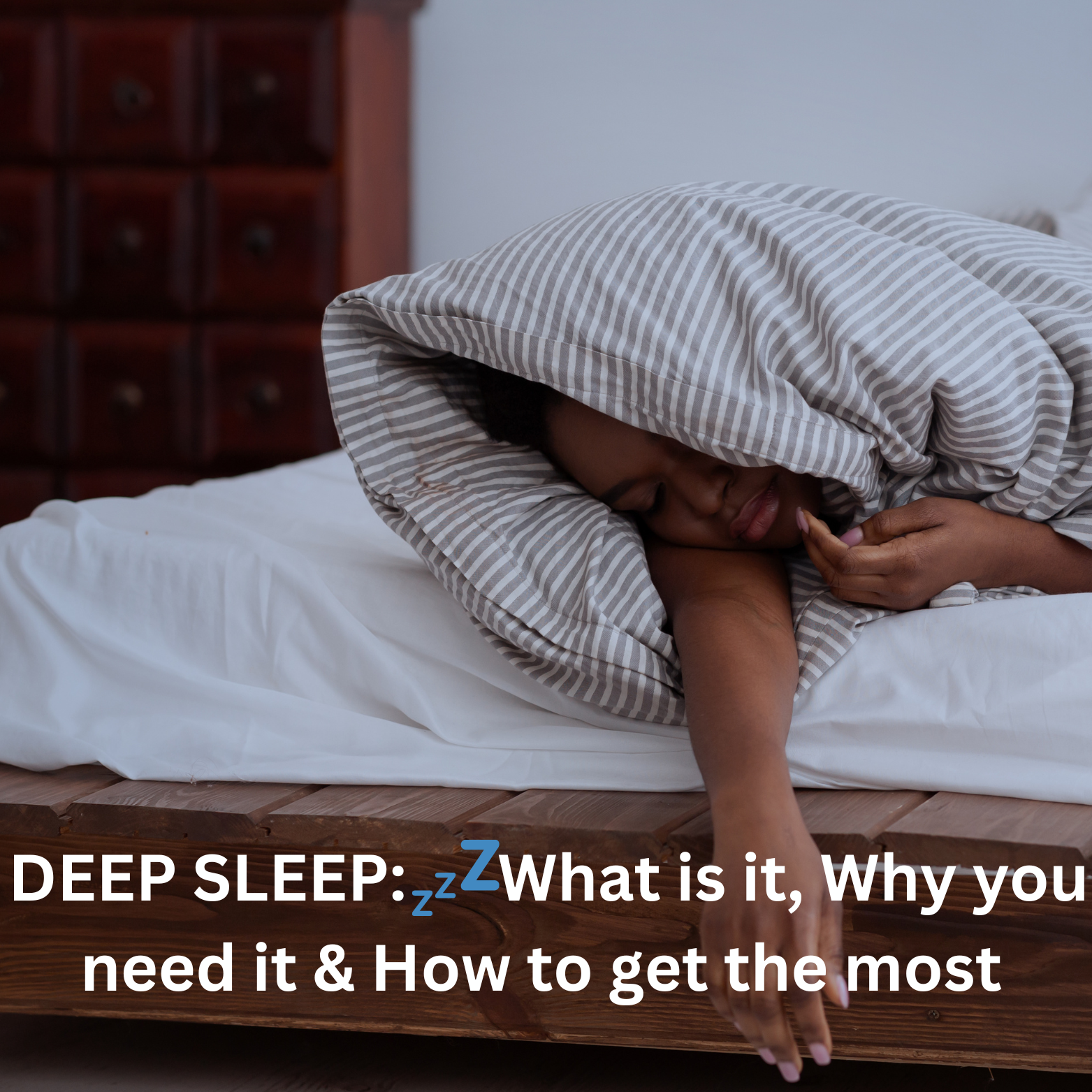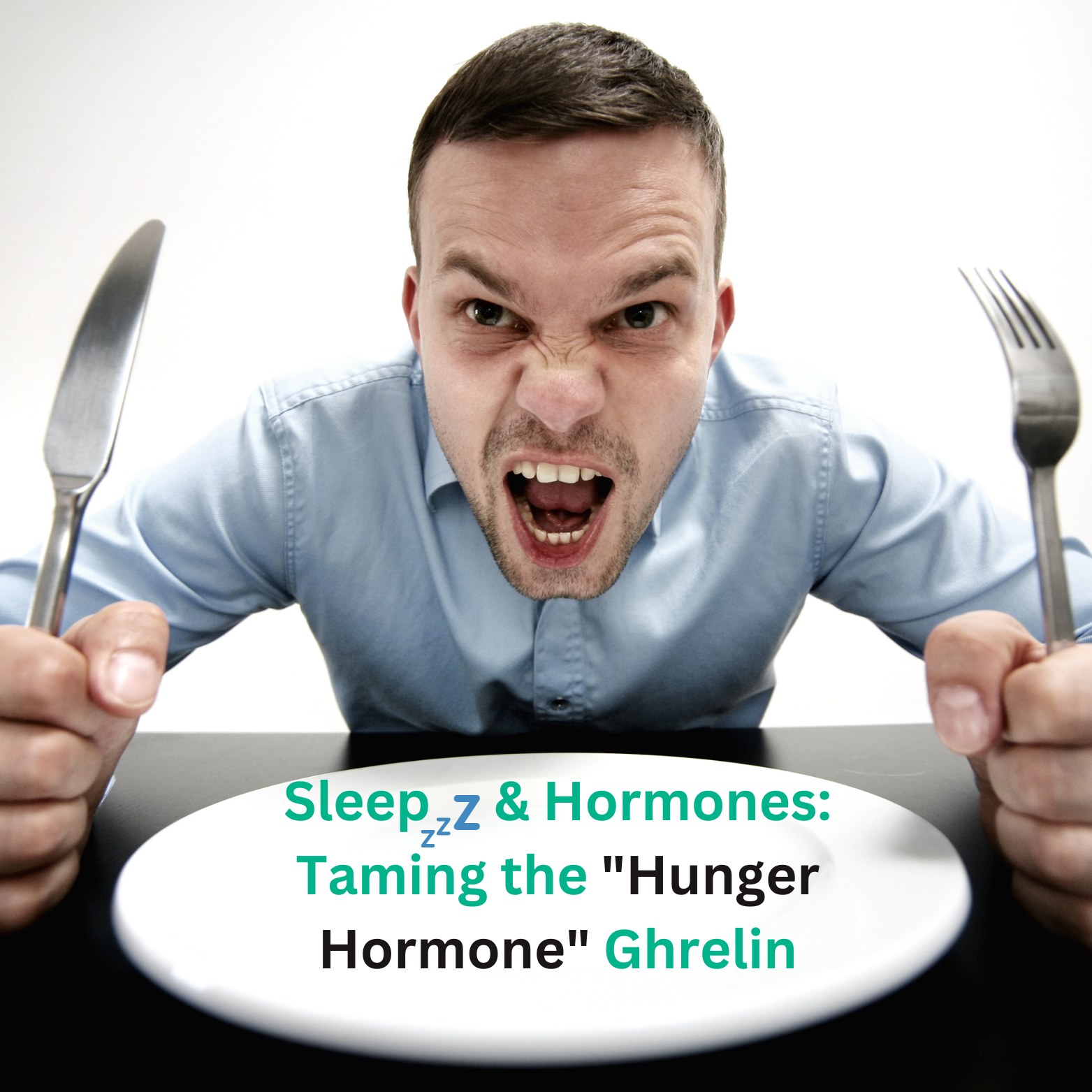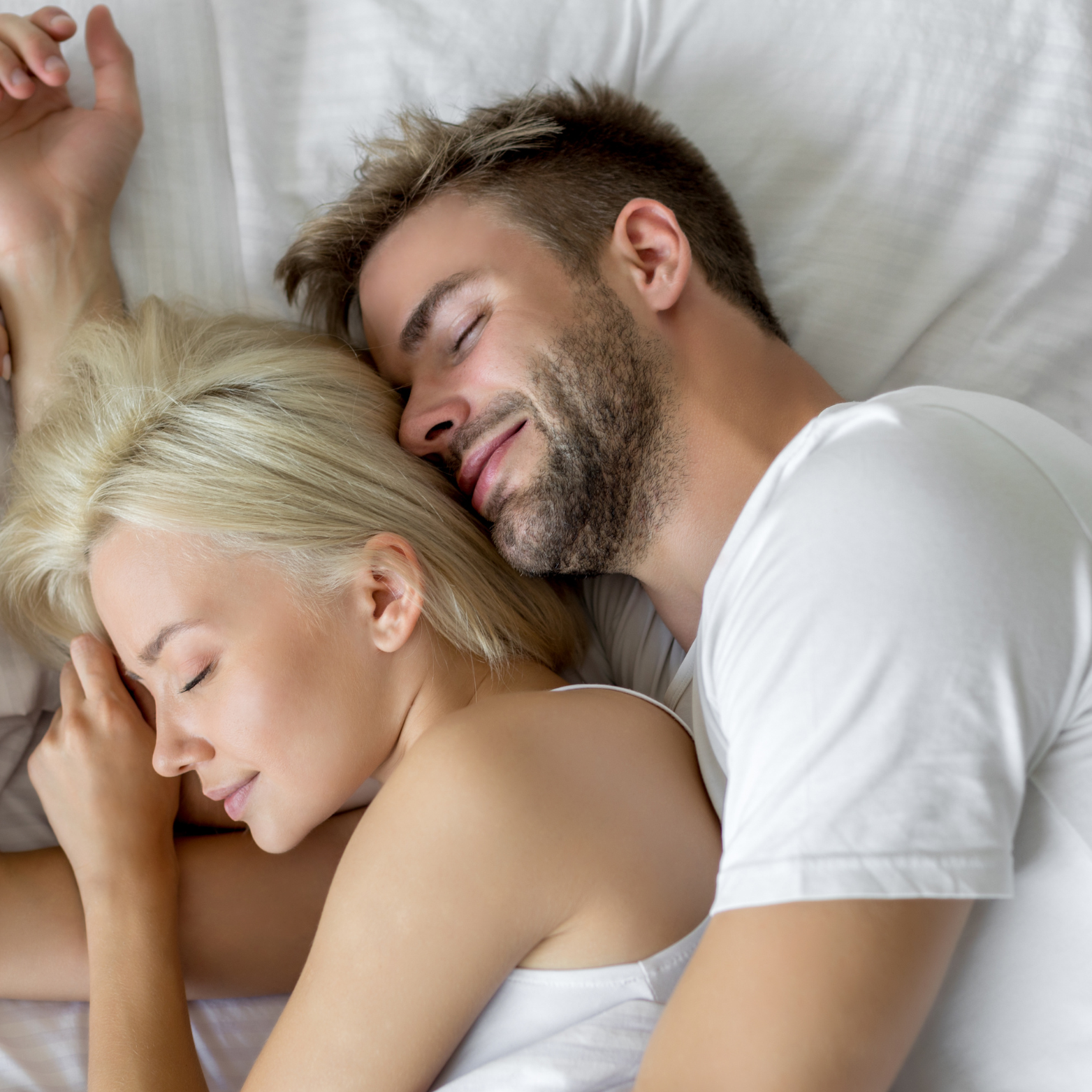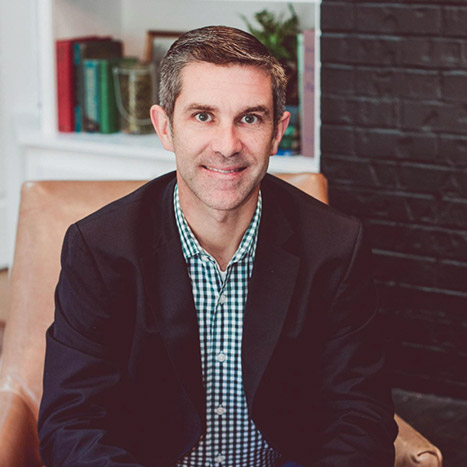DEEP SLEEP:
What is the ‘standard’ or recommended amount of time we should be in Deep Sleep?
Deep sleep, also known as slow-wave sleep or stage N3 sleep, is the stage of sleep associated with the most restorative and rejuvenating effects on the body. It plays a crucial role in memory consolidation, physical recovery, hormone regulation, and overall well-being.
It’s important to note that deep sleep duration can vary from person to person, and some individuals may naturally have shorter or longer periods of deep sleep. Additionally, sleep needs can change over the course of a person’s lifetime, with older adults generally experiencing less deep sleep compared to younger individuals.
So, the suggested amount in 1 – 1.5 hours of Deep sleep.
Several factors can contribute to the prevention of deep sleep. Here are five common ones:
Stress and Anxiety: High levels of stress and anxiety can make it difficult to achieve deep sleep. These psychological factors can lead to a racing mind, increased alertness, and difficulty relaxing, all of which can interfere with deep sleep.
ACTION: late night data dump in notebook especially negative thoughts, fill back up with positive grateful thoughts. calming activity such as light breathing like box breathing, Tapping Technique, use apps like Calm, Binaural Beats to help down regulate. Find what works for you, when you try something do it for at least a week to as many techniques will take consistency and time to take effect
Poor Sleep Environment: Factors like excessive noise, uncomfortable temperature, bright lights, an uncomfortable mattress, or an unsupportive pillow can disrupt deep sleep. Creating a comfortable and conducive sleep environment can promote better sleep quality.
ACTION: Black out shades, painters tape of small lights on TV, DVD player and your alarm clock. sound machine or fan to create soft white noise to drown out other noises, also, avoid doing stress relat3ed activity sin your room – work, phone/screen time, even watching action movies. Bedroom is for 2 activities – Sleep & Sex. Do a lot of both!! 😂
Irregular Sleep Schedule: Inconsistent sleep patterns, such as frequently changing bedtimes or inconsistent wake-up times, can disrupt the body’s natural sleep-wake cycle. This irregularity can prevent deep sleep and negatively impact overall sleep quality.
ACTION: Book End your day!! Consistency for sleep schedule may seem like a simple task, and it is!! However, it is the most effective and in YOUR control you can do. Put healthy boundaries on your sleep. Set the Example as the Father that sleep is important as the foundation to all the goals we have in life!
Caffeine and Stimulant Consumption: Consuming caffeine and other stimulants close to bedtime can interfere with deep sleep. These substances can disrupt the body’s natural sleep process and make it harder to achieve restorative deep sleep.
ACTION: stop caffeine consumption by 1pm. Now if you are someone that is dependent on the 2-3pm caffeine pick me up, roll back slowly unless you a cold turkey kind of guy like myself. I need to jut cut it out. Yes, it will suck for a few days BUT this will ad in the improved sleep quality & quantity and eliminate the need for the 2pm kick starter. (Side benefits you can help dial in your Finance not buying that Jocko GO! 😀)
Alcohol and Drug Use: While alcohol may initially induce drowsiness, it can disrupt the later stages of sleep, including deep sleep. Similarly, certain medications and recreational drugs can interfere with normal sleep patterns and prevent the full restoration that occurs during deep sleep.
ACTION: if you want one of your favorite libation do it sooner in the day, and fewer. Alcohol is one of the impactful contributor to poor sleep. give yourself 2-3 hour window before bed. Yes, occasionally there is the late night drink with friend or some celebration. we are talking about consistent lifestyle action.
It’s important to note that these factors can vary among individuals, and identifying and addressing specific issues that affect your sleep quality can be helpful in promoting deep and restful sleep. If you consistently struggle with poor sleep or suspect a sleep disorder, it’s advisable to consult with a healthcare professional.
#respecttherest #sleep #SleepRecovery #sleepwellbewell
Please share with those who can benefit from the content.





